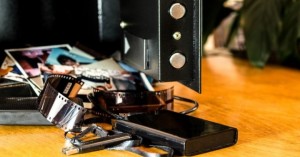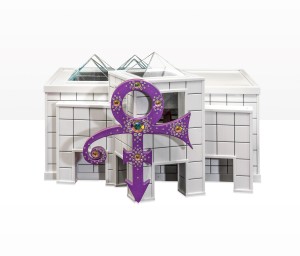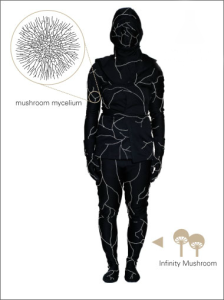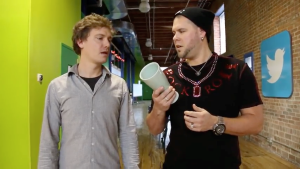 It may seem morbid but have you asked them?
It may seem morbid but have you asked them?
This article from a New Zealand website is very applicable to us in the United States. It’s a topic most of us don’t want to broach with our parents but it’s one that’s necessary to address.
Do you know how to get into your parents safe if necessary?
Knowing where their important documents and valuables are located in the event of an unexpected health crisis will give you, and them, peace of mind – especially if a parent is hospitalized and is unable to tell you where things are.
So before anything happens, it’s a good idea to talk to your ageing parents about what you may need to get one day; you may also want to consider letting your own children know where your key information is located as well.
You should ask your parents for the locations of the following items:
1. Medical records
If your parents find themselves in an emergency medical situation, doctors will want to know if they have any existing conditions, previous surgeries and any medications they’re currently on. If they have a spouse, that person probably knows the answers but it’s still a good idea for someone else (i.e., you or your siblings) to know just in case both of your parents are unwell or injured.
2. Health insurance and life insurance information
It’s important to know where your parents keep their health and life insurance info, including any extras. You’ll also need to know where those cards are and you should ask to see their life insurance policies to double check their premiums are up-to-date.
3. Advance healthcare directive
This is a legal document that is also known as a living will and usually includes your parents wishes in the event of a major medical emergency. For example, they may have a Do Not Resuscitate (DNR) order or a health care power of attorney (POA) which differs from a general power of attorney. A POA allows a person to make decisions on behalf of another regarding his or her healthcare or medical treatment – this becomes active when a person is unable to make those decisions on their own or can’t communicate what they want. That’s why it’s important to talk to your parents about what they want to do if they find themselves in a situation where they’re no longer able to speak for themselves.
4. Banking information
This is a touchy subject but if a parent is suddenly out of commission, bills still have to be paid so find out where your parent’s bank is and get their account numbers, online access codes and PINs. It’s also important to learn how your parents pay their bills. Do they pay online, by check or direct debit? Ask them if they’ll add your name or one of your siblings to their bank accounts so someone else can access the account to make payments and manage it.
5. Investment information
This is information that cannot be ignored. Find out not only the location of your parents’ investments, but also the name and contact information of their advisor. You’ll also need to know what fees, required distributions and withdrawal penalties are.
6. Deeds and titles
Your dad may have kept the deeds and titles to your parents’ property in a box somewhere when you were a kid but do you know where those documents are now? Find out where the deeds to houses and land are as well as titles to their cars and/or recreational vehicles are. You may need them in order to liquidate their assets should a health crisis or sudden move to a care facility occurs.
7. Safe deposit box
Do you know if your parents have one? If yes, find out where they keep it and the keys and ask them what steps need to be taken to access the box. They may need to put your name on file so check with their bank.
8. Hidden valuables
It’s been three years since my grandma died and my mum is still finding money and jewelry Grandma hid around her granny flat. Grandma lived through the Great Depression and had apparently stashed anything of value in the most curious places: money wrapped in plastic tucked inside the toilet cistern; jewelry hidden in the freezer, between her mattress, and even shoved deep inside the toes of some of her shoes – so it’s important to know if, and where your parents have hidden things. If they don’t want to tell you while they’re still alive, ask them to make a list and keep it with their wills.
9. Wills, birth certificates, marriage licenses
Asking your living parent about their will may seem morbid and highly uncomfortable for everyone but dying without a will can be a costly affair and could start family infighting. It’s important to know if their wills are up-to-date. You’ll also need to know where their birth certificates and marriage license are located.
10. End-of-life decisions
My father’s been telling me for years that if Mum dies, to put him in a boat and push him out to sea. While that seems rather melodramatic, it is important to know what your parents would like you to do after they die – do they want to be cremated? Buried at a cemetery? Have a huge party or somber church service? Find out what their end-of-life preferences are and let them know you intend to honor their wishes.
For more information on this topic, check out our website, www.diesmart.com.




